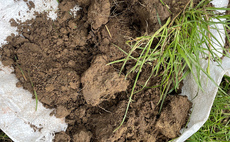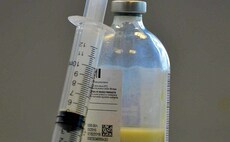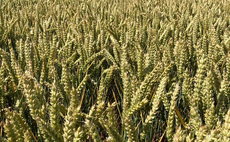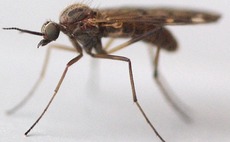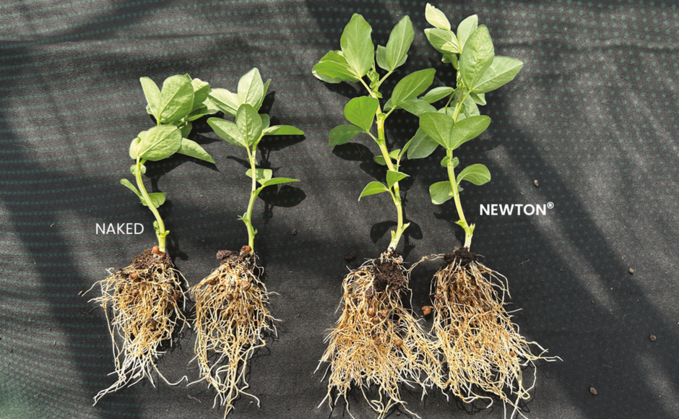
With proven benefits in winter and spring cereals, new research shows biostimulant seed treatment Newton also offers significant plant health advantages in peas and beans. With a very limited number of chemical seed treatments currently available in pulses, this makes Newton a natural alternative to help optimise the health of these crops from day one.
"Managing the balance of growth promoting hormones versus growth inhibiting hormones, Newton not only triggers faster germination, it also signals exceptional root and shoot growth and the defence systems of plants," explains Stuart Sutherland, technical manager at Interagro.
��
Trialled and tested
"Over the past few years, we've invested in a huge amount of research at Nottingham University and in independent replicated field trials, demonstrating the strengths of Newton in cereals.
"Latest research undertaken by Dr Steve Rossall at Nottingham University, this time in pulses, shows Newton is equally valuable in peas and beans, if not more so given the lack of available crop protection products in these important spring crops," says Stuart.
"As pea and beans are not particularly competitive in their early stages, getting plants up and away can be crucial for optimising establishment. Recent studies by Dr Rossall looked at the effect of Newton on speed of pea and bean germination and found significant benefits."
��
Improved germination and emergence
Seed germination was determined by placing 20 seeds, in groups of 10, in a 15cm square petri dish lined with blue filter paper moistened with 20mls of water.��
Each interaction of 10 seeds was replicated 10 times. As the seeds were large, an additional 10mls of water was provided after two days.
Petri dishes were incubated at 6oC and assessed at daily intervals for up to eight days of incubation.
Seed was determined to have germinated when the radicle was visible. At each time the number of seeds, out of 10, which had germinated was determined for each dish.
The mean score from all 10 dishes were calculated and multiplied by 10 to provide a percentage germination. Standard deviation bars were derived, but as the variation was small, the bars were also very small.
The bars made the graphs confusing to visualise, and were therefore omitted.��
"It is clear that Newton treatment provided enhanced seed germination in both peas and beans at 60C," says Stuart. "For peas the time taken to achieve 90% germination was improved by around 1.5 days and for bean by two days" - as shown in the graphs and images below."
The photos show the level of germination after day six.
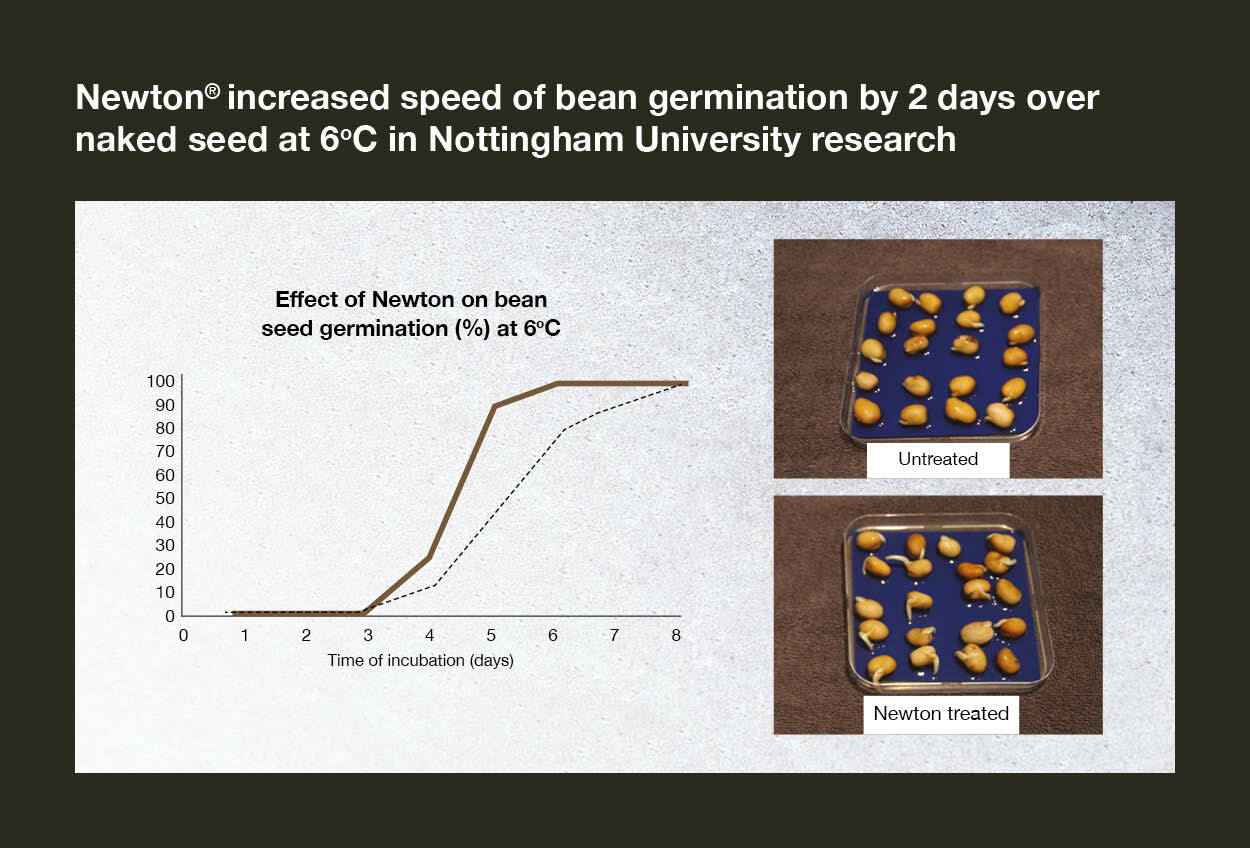
��
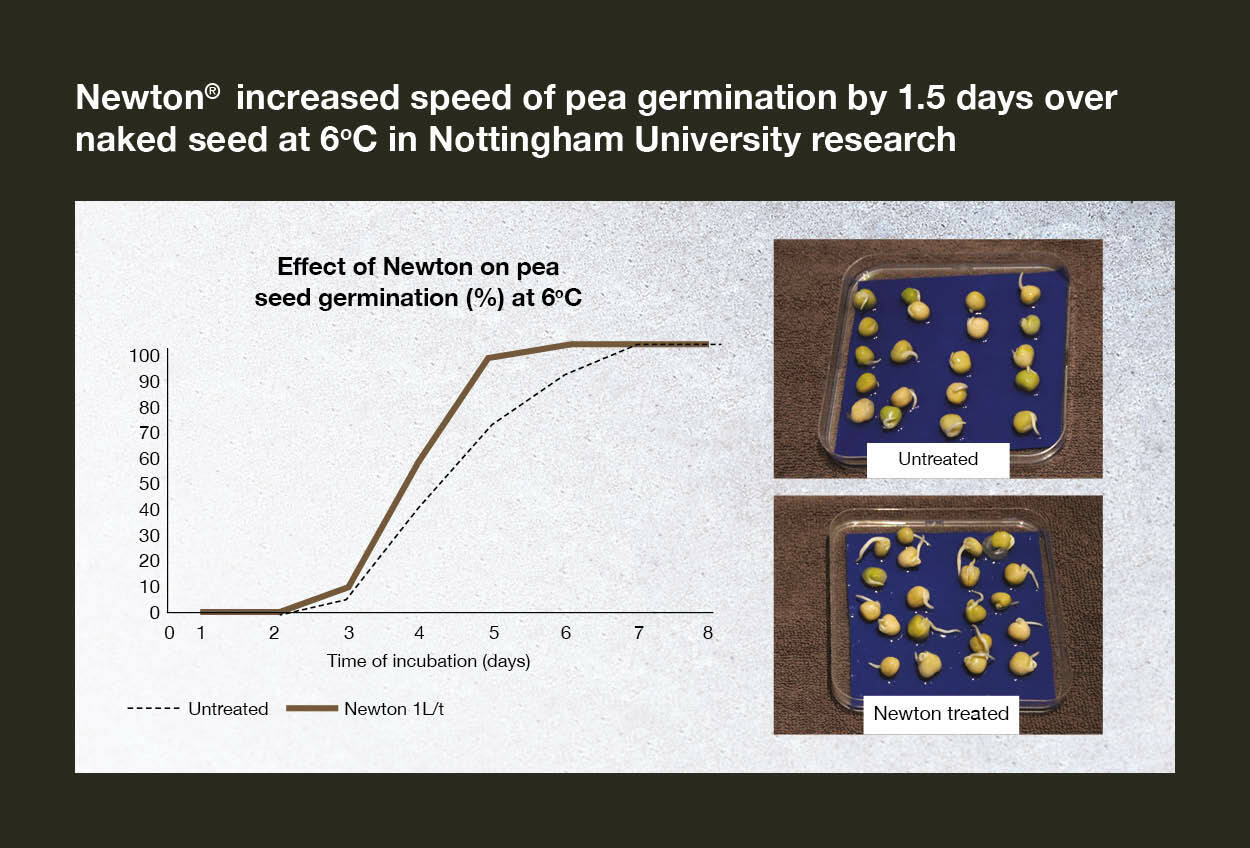
Improvements in crop establishment have also been seen in replicated field trials with increases in the number of plants establishing per sqm, a key component of yield.
��
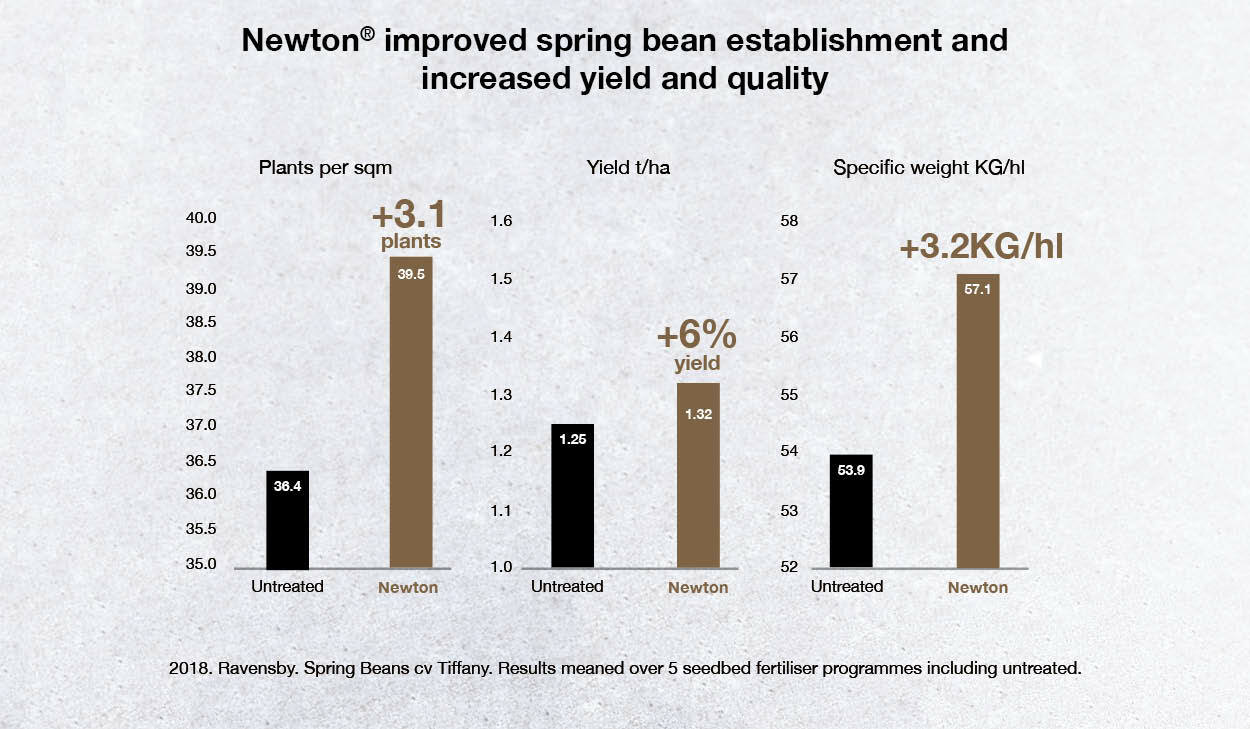
��
Significant rooting and nitrogen use efficiency increases
Of course, to continue that growth and development, a robust root system is vital for both nutrient and water capture to sustain the growing plant. Poor rooting has implications for plant health and how growers will need to manage the crop during the season.
"This is where Newton has the potential to make a real difference with trials at Nottingham University showing significant root growth increases in both crops (+28% in peas and +64% in beans)," explains Stuart.
"In the beans, rhizobium was included in the growing compost. These bacteria colonise the roots of leguminous plants which in response, produce a swelling on the roots called nodules. It is inside these nodules that the bacteria fix nitrogen and convert it to ammonia, which is crucial for plant growth and development.
"Dr. Rossall found that Newton significantly increased the number of root nodules - by 66% - meaning Newton increases nitrogen use efficiency in beans."
��
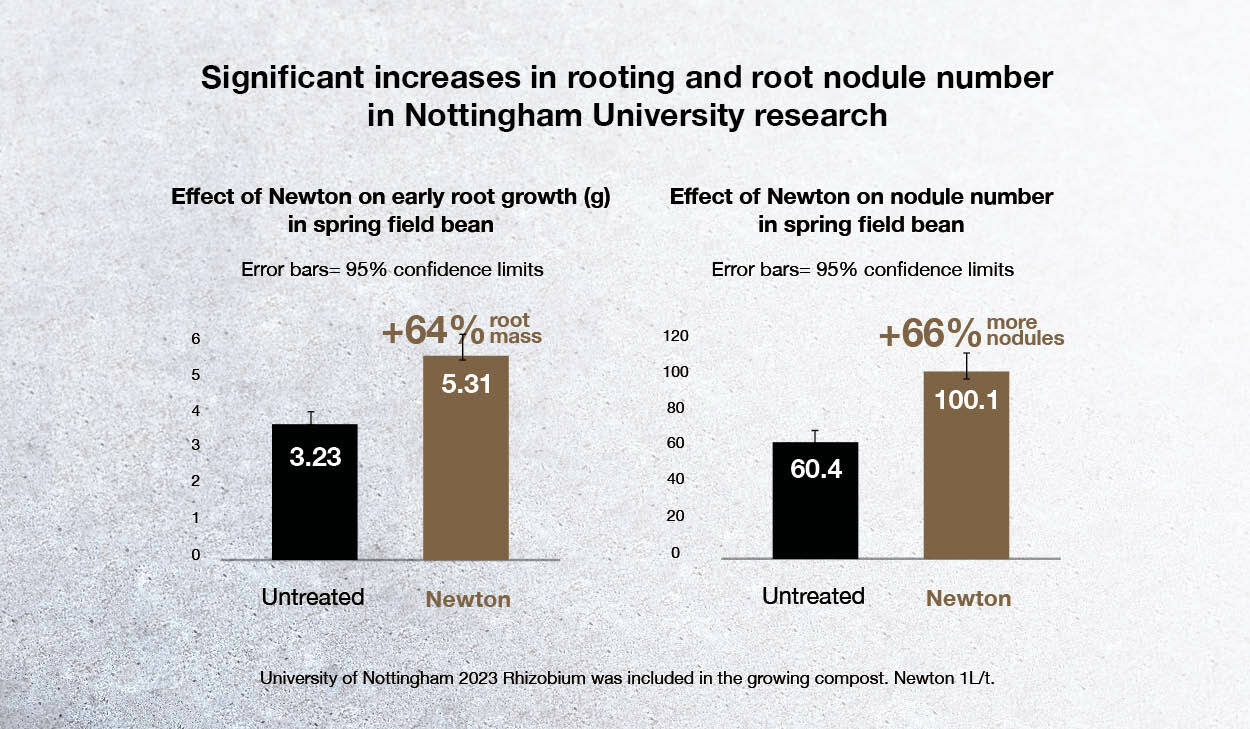
��
Drought resilience benefits
Expansive root systems are vital when it comes to maximising water capture and enhancing drought resilience during periods of dry weather.
��"We have not commissioned studies to look at this specifically in pulses, but we would expect Newton's proven ability to enhance drought resilience in cereals, to also be a benefit in pulses crops," notes Stuart.
��
Benefits to crop vigour
"The improved access to water and nutrients, and shoot stimulation properties of Newton has also resulted in stronger, healthier more vigorous plants," says Stuart.
"The research showed an average increase of 27% shoot mass in peas and a 57% increase in beans.
"With rising input costs, loss of authorised plant protection products and weather extremes during the growing season - all out of the hands of growers - treating seed with Newton is the one thing pulse growers can do to prime plants to thrive from day one," says Stuart.
��
Easy application
What's more, Newton is a really practical option, adds Stuart. "It can be applied to home-saved seed by a mobile seed treater or can be requested when ordering seed - either applied to naked seed or can be easily co-applied with a standard seed dressing, making it a convenient option for growers looking to enhance crop resilience and readiness, without significant additional cost or effort.
"As a non-microbial product, Newton will last on the seed for when you need to over year - there is no risk of it soiling or decaying like a microbial treatment would do."
"While no-one knows what the season has in store, pulse growers can get crops off to the best possible start by using a proven, natural seed treatment to prime crops against whatever Mother Nature has in store," concludes Stuart.
��
Ask for Newton
��Newton is available through a range of suppliers including:
Agrii, Anglia Grain Services, Cope Seeds, Dods of Haddington, Alexander Harley Seeds Ltd, Messrs Alex Brewster, McCreath Simpson & Prentice, Goldingham Contracts, Frontier Agriculture Ltd.
��For more information on Newton visit or for technical support, call Stuart on 07384 460352.





